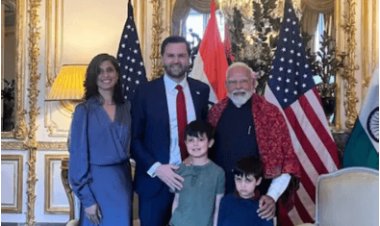Expansion of Large Corporations: New York Times
President Biden's Efforts to Tackle Corporate Concentration Face Challenges as US Courts Allow Microsoft-Activision Merger

When President Biden assumed office, he indicated his willingness to confront the issue of growing corporate consolidation. One notable move was the appointment of consumer advocate Lina Khan, a vocal critic of monopoly power, to lead the Federal Trade Commission (FTC).
However, despite these signals, corporate mergers have continued under the Biden administration. Recently, there has been a setback for the FTC in their efforts to block the merger between Microsoft and video game company Activision Blizzard. The US courts rejected the FTC's attempt to prevent Microsoft from absorbing Activision Blizzard, paving the way for the deal to potentially be finalized in the upcoming months, with a key deadline extended recently.
The proposed merger between Microsoft and Activision Blizzard would be the largest in video game history, taking inflation into account. The gaming industry has become a significant part of the economy, surpassing the combined revenue of music, US book publishing, and North American sports. Microsoft's gaming division and Activision Blizzard collectively generate more revenue each year than all the movie theaters in the US. Both companies rank among the giants in the gaming world.
The FTC argued that the Microsoft-Activision merger would create anticompetitive conditions, giving Microsoft, the maker of Xbox game consoles, a dominant advantage over its rival, Sony, the maker of PlayStation. Of particular concern was Activision's immensely popular Call of Duty franchise, consistently ranking among the best-selling games on both Xbox and PlayStation platforms. The fear was that if Microsoft owned Call of Duty, it could make the game exclusive to Xbox, depriving Sony of one of its most significant gaming attractions.
Microsoft attempted to address these concerns by promising to continue offering Call of Duty games on PlayStations for another 10 years. This pledge was one of the reasons the courts ruled against the FTC, as they found insufficient evidence that the agreement would significantly harm competition.
The court's decision allows yet another major merger that further consolidates a major industry. Many experts warn that such trends are ultimately detrimental to consumers, as reduced competition can lead to higher prices and lower quality of goods and services, even if the FTC was unable to prove all of these potential negative impacts in this particular case.

 chandni
chandni 



